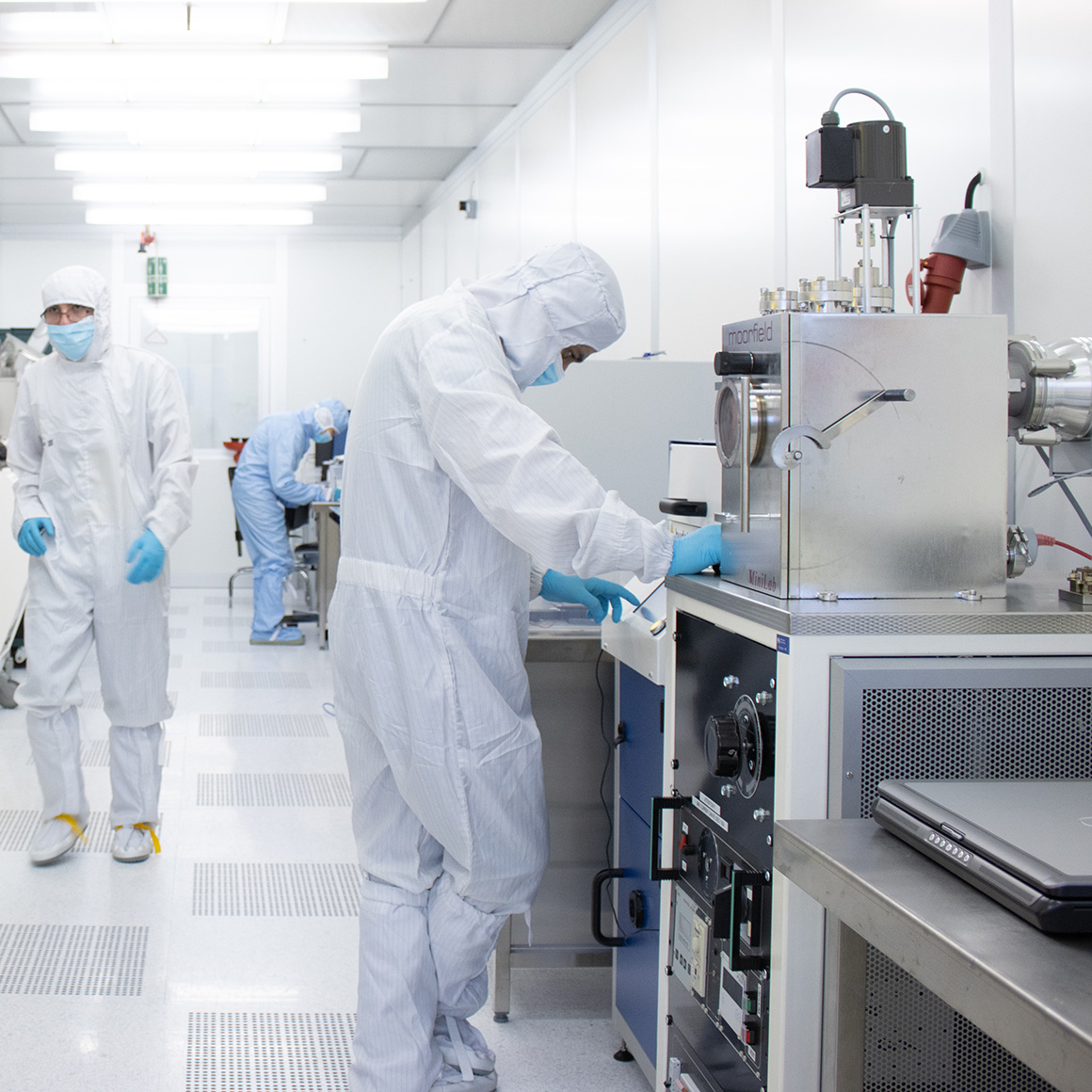
PhD in Technology
We offer a PhD programme with highly dedicated supervisors, visionary research projects, and team-oriented activities organized in research groups led by internationally recognized experts.
Study facts
-
Campus: Kongsberg, Porsgrunn and Vestfold -
Credits: 180 -
Duration: 3 years, fulltime -
Teaching Language: English -
Admission requirements -
Academic background -
How to apply external
About the programme
PhD in Technology is a full-time doctoral programme over the course of 3 years. The programme is based on research activities within the following fields of science and technology:
- Electrical Engineering
- Computer Science
- Mechanical Engineering
- Industrial and Environmental Engineering
The research done by our PhD candidates is an integral part of the activities in our research groups and research schools.
Our candidates contribute in research projects working on long-term technological solutions to solve regional and global challenges. Many typically find employment in companies, universities or research institutions.
Academic content
The aim of the PhD programme is to educate candidates of the highest international standards who can acquire knowledge, skills and general competence to carry out high-level research suitable for publication in leading academic journals and other outlets. Our candidates should be capable of addressing research issues important to both academia and business practice.
The PhD programme comprises implementation of independent research work in active cooperation with supervisors and other researchers, an approved educational component, participation in active research groups and academic dissemination that is closely relating to the ongoing PhD work.
Research groups
- Advanced Cognitive systems and Data Science
- Applied Modeling and Control (AMOC)
- Autonomy (norwegian presentation only)
- BioMEMS
- Computer Science
- Energy and CO2 capture (ECC)
- Electrical Power Systems
- Materials and micro-integration
- Micro- and Nanoelectromechanical Systems (MNEMS)
- Norwegian Industrial Systems Engineering (NISE)
- Safe Distributed Systems (norwegian presentation only)
- Process Safety, Combustion and Explosion
- Ternary Research Group
Research schools
- HySchool in collaboration with University of Bergen
- Industrial Research School in Complex Systems in collaboration with UiA and NTNU
- NORA. A collaboration between 8 universities, 3 university colleges and 5 research institutes within AI
- TNNN in collaboration with NTNU
Courses
The PhD programme has an educational component of 30 ECTS. Our faculty offers PhD-level courses at three different campuses within many different fields of science and technology.
The educational component must be planned in collaboration with your supervisor and be approved by the PhD programme committee. A 5 ECTS ethics course from USN is mandatory for all PhD candidates.
PhD students from other universities may apply for admission to some of our elective courses, but the availability of each course may vary. Please inform us of your interest using this form:
Study Plan
A study plan describes the content, structure and organization of a study programme. To each study plan there is a set of course plans that describe the different courses. In the course plan you will also find a reading list. Below you will find a study model that shows you which courses that are taught in each term. In the study model you'll also find links to each course plan.
Latest published study plan for phd in technology

